Conserving Detected Dug Coins & Relics
-
Similar Content
-
- 8 replies
- 2,589 views
-
- 18 replies
- 2,355 views
-
- 7 replies
- 1,007 views
-
- 14 replies
- 1,885 views
-
- 10 replies
- 1,596 views
-
- 8 replies
- 1,044 views
-
-

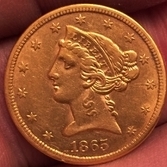

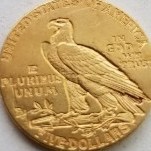
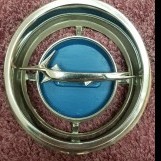
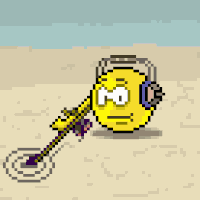

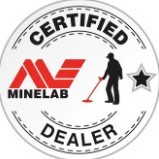


Recommended Posts
Create an account or sign in to comment
You need to be a member in order to leave a comment
Create an account
Sign up for a new account in our community. It's easy!
Register a new accountSign in
Already have an account? Sign in here.
Sign In Now